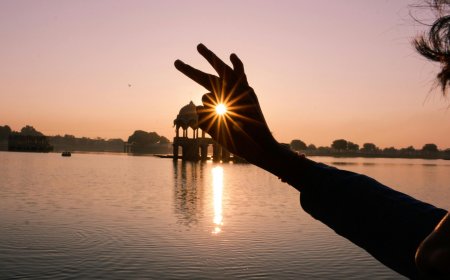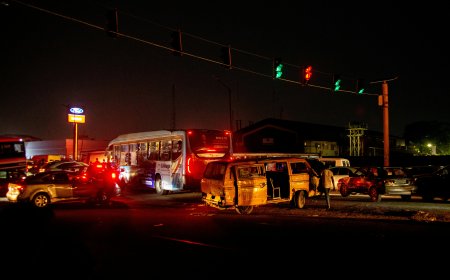10 Wars That Changed World Politics Forever
From the World Wars to modern conflicts, discover how major wars reshaped global politics and power.
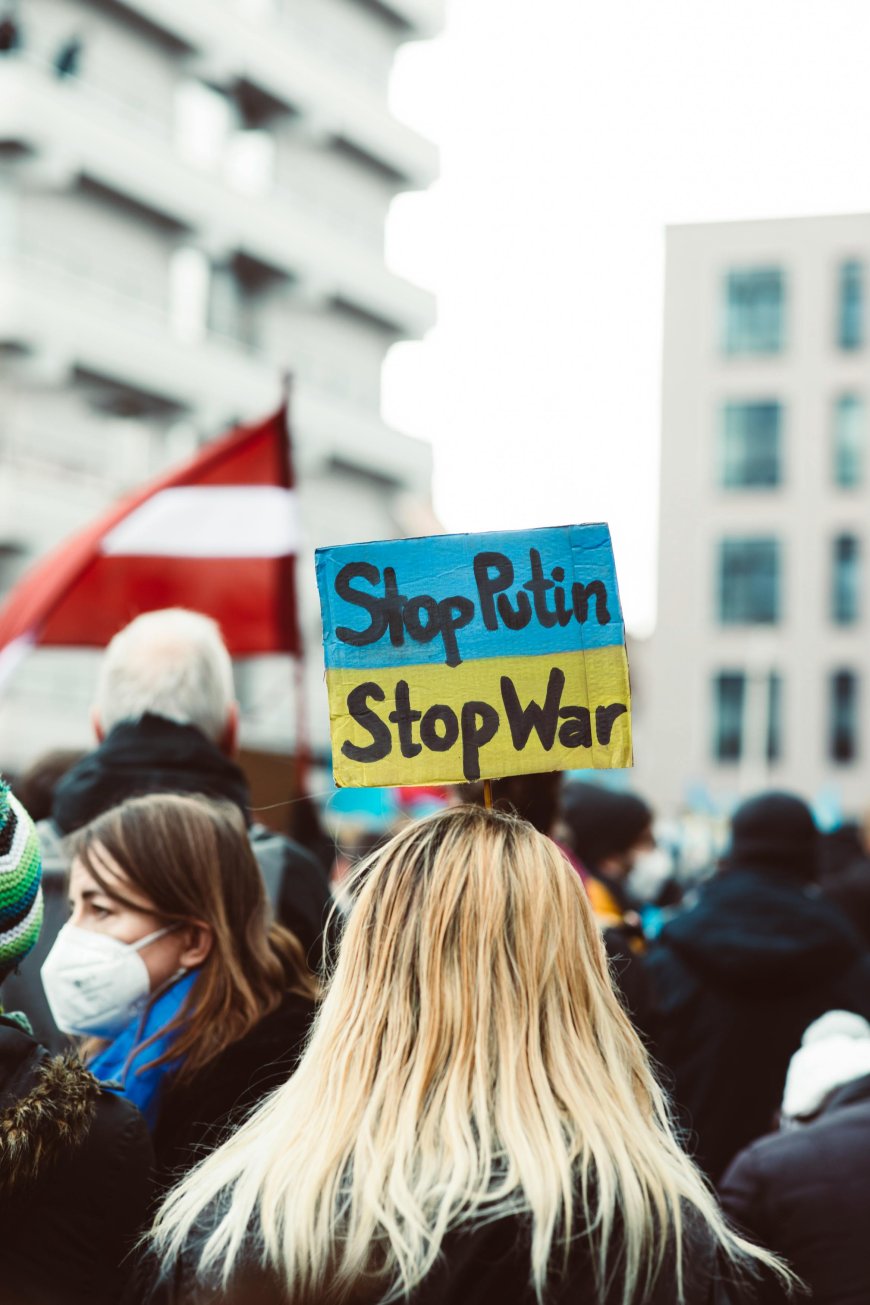
War is as old as human civilization, but some wars did more than redraw borders. They changed world politics itself—reshaping empires, redefining ideologies, and creating new systems of power.
Here are ten wars that changed world politics forever, from ancient conflicts to modern battlefields.
1. The Peloponnesian War (431–404 BCE)
The clash between Athens and Sparta wasn’t just a Greek civil war. It marked the end of Athens’ golden age and changed how states thought about alliances and power.
Political Impact
- Weakened Greece, paving the way for Macedonian and Roman dominance.
- Introduced “realpolitik” thinking—war as a tool of survival and power.
- Provided lessons in diplomacy still studied today.
Thucydides’ account of the war became a manual for strategists and politicians.
2. The Punic Wars (264–146 BCE)
Rome vs. Carthage was more than a fight for the Mediterranean—it was a battle for world supremacy.
Why It Mattered
- Cemented Rome as a superpower.
- Established the Mediterranean as a Roman “lake.”
- Introduced the idea of “total war” with Carthage’s destruction.
Rome’s victory shaped Western political and cultural foundations.
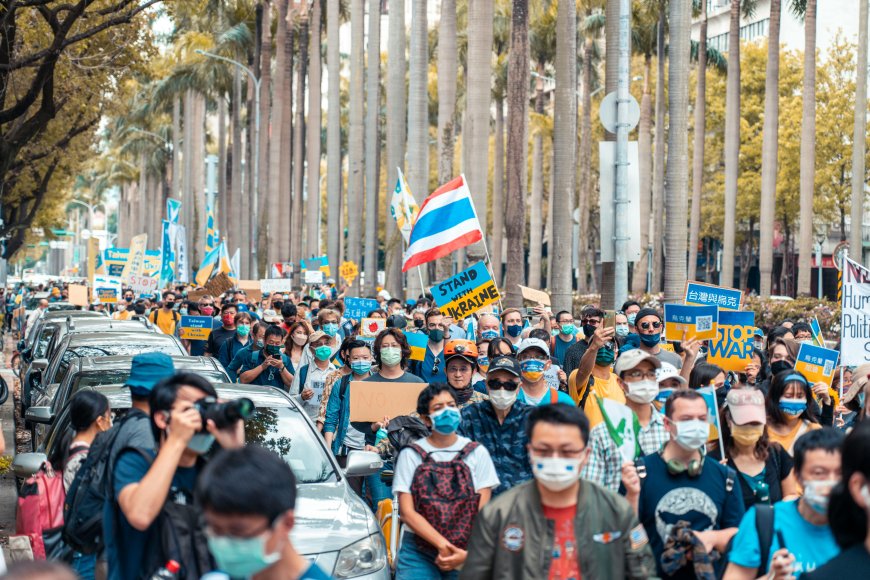
3. The Napoleonic Wars (1803–1815)
Napoleon’s rise transformed Europe’s political map and planted the seeds of nationalism.
Consequences
- Spread revolutionary ideals across Europe.
- Triggered the Congress of Vienna (1815), introducing balance-of-power diplomacy.
- Inspired nationalist movements that would dominate the 19th century.
Napoleon lost, but his wars permanently altered European politics.
4. The American Civil War (1861–1865)
Beyond slavery, the U.S. Civil War redefined state power and global politics.
Key Outcomes
- Strengthened the federal government over states.
- Proved industrial power could win wars.
- Influenced European powers to avoid intervention.
It turned the U.S. into a future global power.
5. World War I (1914–1918)
The “Great War” shattered empires and ushered in modern geopolitics.
Impact
- Collapsed the Ottoman, Austro-Hungarian, Russian, and German Empires.
- Redrew borders in Europe and the Middle East.
- Introduced the League of Nations—an early attempt at global governance.
The war also sowed the seeds of World War II.
6. World War II (1939–1945)
The deadliest conflict in history changed everything.
Transformations
- Ended European colonial dominance.
- Created the United Nations.
- Triggered the Cold War between the U.S. and Soviet Union.
World War II redefined global politics for the rest of the 20th century.
7. The Cold War (1947–1991)
Though not a traditional “war,” it was the defining geopolitical conflict of the modern era.
Global Shifts
- Divided the world into capitalist and communist blocs.
- Fueled proxy wars from Korea to Afghanistan.
- Created nuclear deterrence politics.
The Cold War ended with U.S. dominance—but left behind unresolved tensions.
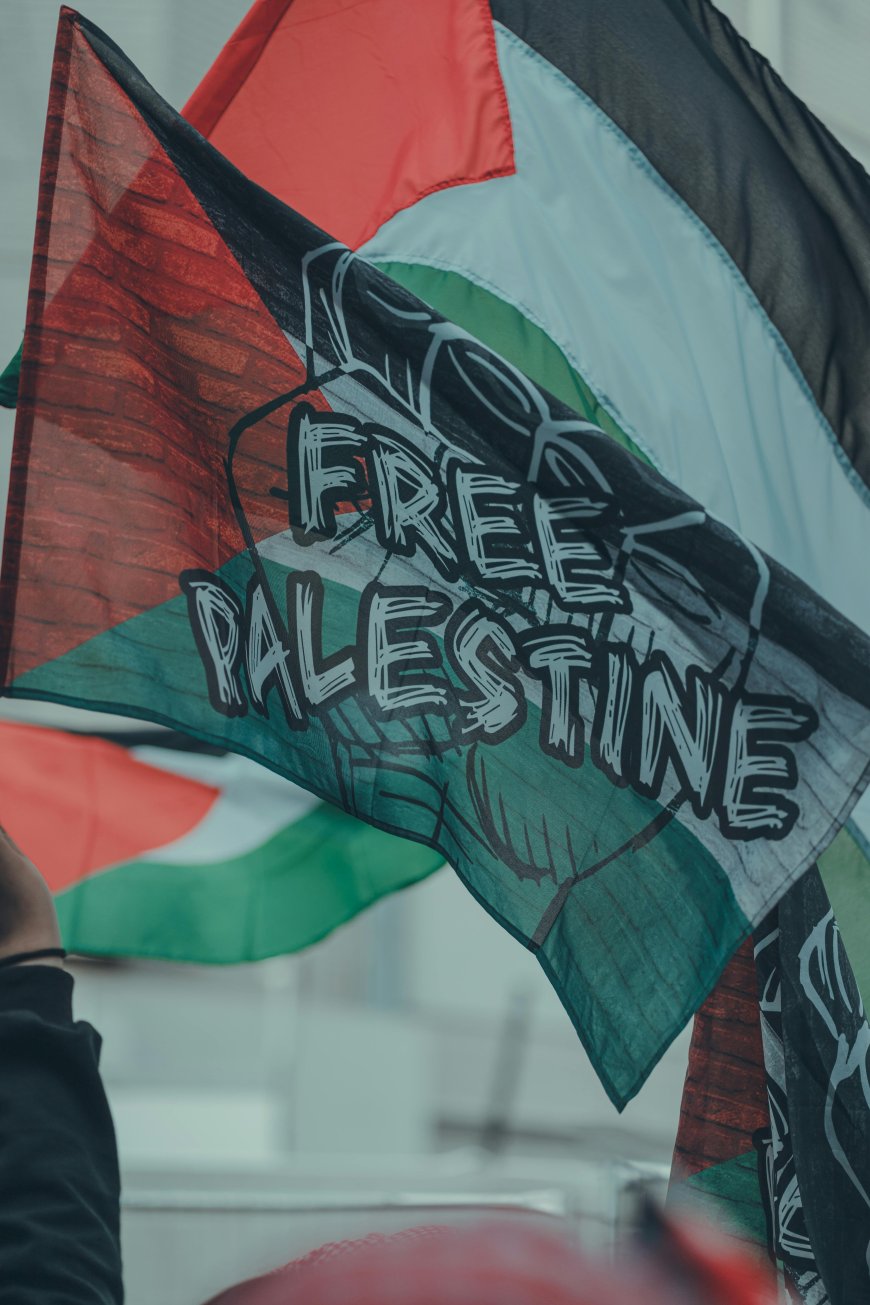
8. The Vietnam War (1955–1975)
Vietnam was more than a regional struggle; it was a global political turning point.
Effects
- Showed the limits of U.S. military power.
- Fueled anti-war and civil rights movements worldwide.
- Redefined global attitudes toward intervention and superpower authority.
Vietnam became a symbol of resistance against great powers.
9. The Gulf War (1990–1991)
Iraq’s invasion of Kuwait led to a U.S.-led coalition war that previewed modern military politics.
Why It Changed Politics
- Showcased U.S. dominance in the post-Cold War world.
- Highlighted the role of oil in global geopolitics.
- Introduced live, televised warfare shaping public perception.
The Gulf War set the stage for U.S. involvement in the Middle East for decades.
10. The War on Terror (2001–present)
Sparked by the September 11 attacks, these wars reshaped the 21st century.
Impacts
- U.S. invasions of Afghanistan and Iraq redrew Middle Eastern politics.
- Expanded global surveillance and counterterrorism policies.
- Shifted focus from state wars to asymmetric, non-state threats.
The War on Terror blurred lines between domestic security and international warfare.
Patterns Across History
Looking at these wars, common themes emerge:
- Empires fall, new powers rise. (Rome, Britain, U.S., USSR).
- Ideologies spread. (democracy, nationalism, communism, terrorism).
- Borders shift. (Europe post-WWI, Middle East post-Gulf War).
- Institutions form. (UN, NATO, League of Nations).
Wars don’t just end conflicts; they set new rules for world politics.
Dark Legacy of War
While wars reshaped politics, they also brought devastation:
- Tens of millions dead in the World Wars.
- Genocides, forced migrations, and economic collapse.
- Endless cycles of revenge and new conflicts.
Political transformations often came at a staggering human cost.
The Next Wars?
Future conflicts may look different, but their political effects could be just as dramatic:
- Cyber wars: crippling economies without firing a bullet.
- Space conflicts: battles for satellite dominance.
- Climate wars: water and resource disputes.
- AI-driven warfare: redefining military and political control.
The 21st century may see wars without traditional battlefields—but with massive political consequences.
Conclusion: Wars as Architects of Politics
From ancient Athens to modern Iraq, wars have been architects of political order. They’ve built empires, toppled them, and rewritten the rules of global power.
If technology is the engine of politics, war is often the hammer that shapes its destiny. And history suggests that the next great political shift may once again emerge from the battlefield.
FAQs
Q1: Which war had the biggest political impact in history?
A1: World War II, as it reshaped global institutions, decolonization, and superpower politics.
Q2: How did World War I change politics?
A2: It ended empires, created new states, and introduced international governance through the League of Nations.
Q3: Why was the Vietnam War politically significant?
A3: It showed the limits of superpower dominance and inspired global anti-war movements.
Q4: Did the Gulf War change global politics?
A4: Yes, it marked U.S. dominance after the Cold War and highlighted oil’s role in international relations.
Q5: What kind of wars will shape the future?
A5: Cyber wars, AI conflicts, and resource-based wars are likely to define 21st-century politics
What's Your Reaction?
 Like
0
Like
0
 Dislike
0
Dislike
0
 Love
0
Love
0
 Funny
0
Funny
0
 Angry
0
Angry
0
 Sad
0
Sad
0
 Wow
0
Wow
0








